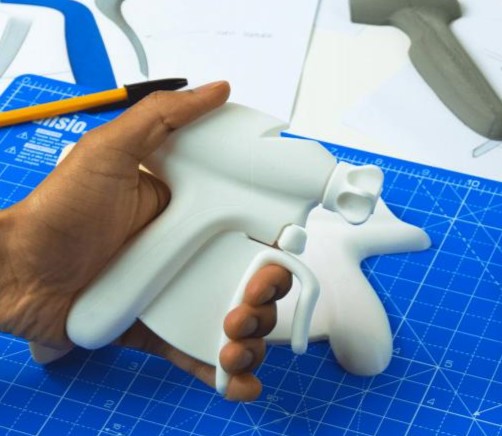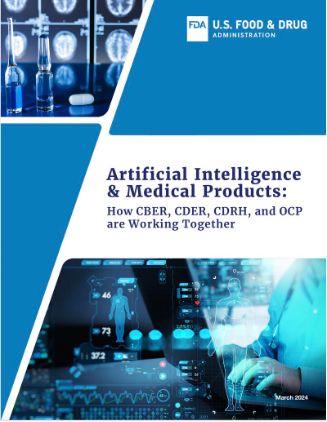

“In the future, CDRH intends to increase the breadth of the dataset of chemicals and RRF information it makes publicly available, and to add other detection methodologies such as liquid chromatography (LC).”

“In the future, CDRH intends to increase the breadth of the dataset of chemicals and RRF information it makes publicly available, and to add other detection methodologies such as liquid chromatography (LC).”

“Companies that operate with business integrity elevate industry standards and perform better in the long-term. We are impressed with Flex’s continued focus on ethical business practices, and dedication to making a real impact for its stakeholders.”

Product developers need to understand the technical challenges in device miniaturization but should be careful not to go beyond what is needed for the product. Sometimes further miniaturization is critical to the success of a product, sometimes it is superfluous, and sometimes it is even detrimental.

While pharmacogenomics has traditionally been the domain of academic research, policymakers are now showing a burgeoning interest in its potential to enhance patient outcomes and mounting evidence from the pharmaceutical industry is fueling interest in this field.

IDC took on the design challenge to create industry preferential surgical shears through improved ergonomics and usability. Ultrasonic shears are widely popular minimally invasive surgical instruments used for long periods in high pressure scenarios.

On April 17, the FDA is hosting a Virtual Public Workshop on approaches to Accreditation Scheme for Conformity Assessment Expansion.

Implementing a hybrid work environment with R&D teams yields significant benefits but also presents challenges. In this article, we explore how to achieve successful R&D programs within the context of hybrid environments and share key strategies and best practices to effectively navigate the challenges, including the safeguarding of sensitive information and data.

As the proliferation of wearable healthcare devices expands in terms of application and availability, they’re also becoming smaller and more powerful. In turn, testing and validation in the design phase is becoming increasingly complex.

“Artificial Intelligence and Medical Products: How CBER, CDER, CDRH, and OCP are Working Together” outlines how FDA’s medical product centers plan to address regulation of AI used in medical products and their development.

Mayo Clinic News Network/ — In a review published in Cancers, the researchers note that this emerging class of AI offers an innovative way to use massive datasets to help discover the complex causes of diseases such as cancer and improve treatment strategies.